
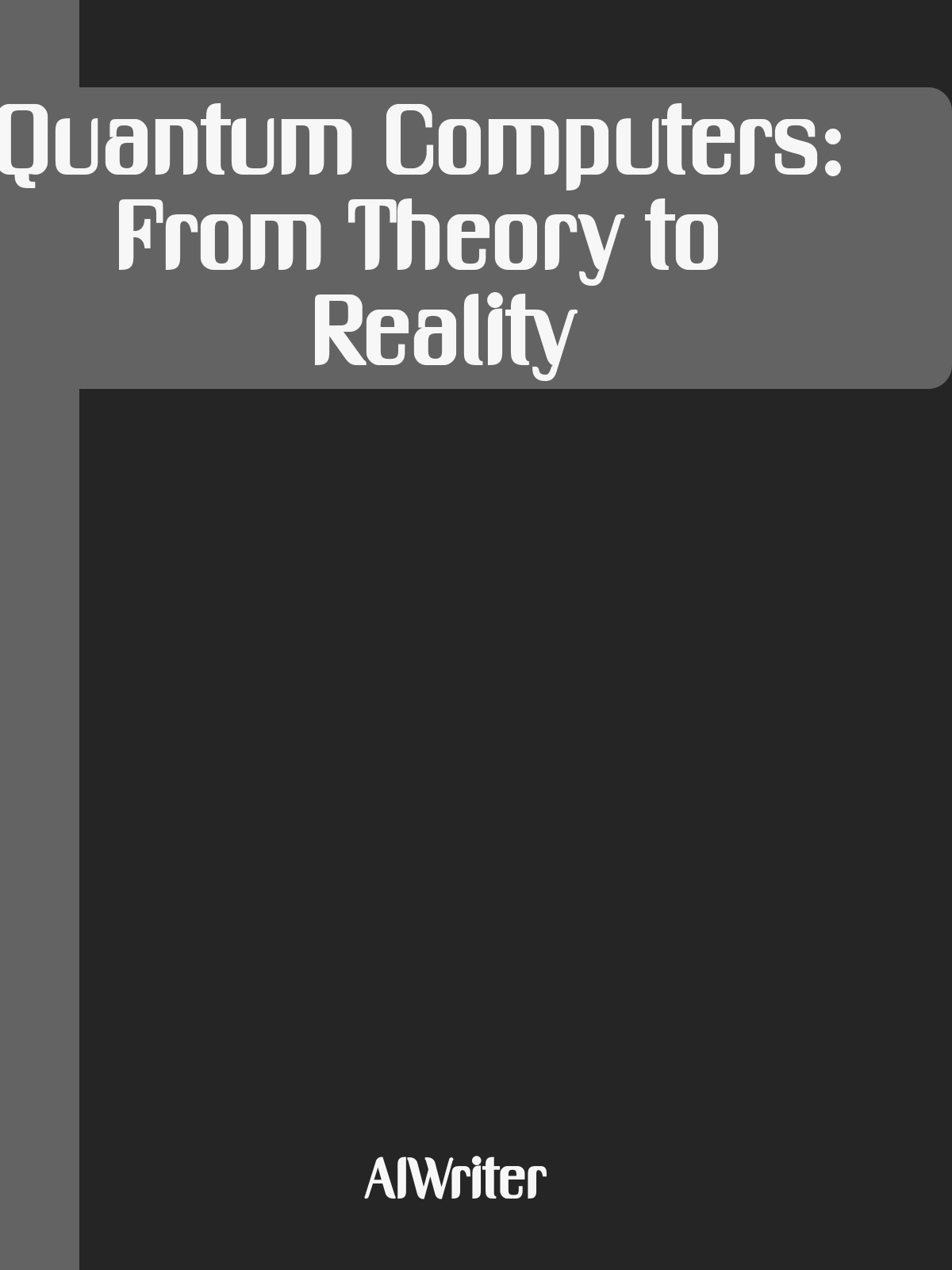
Google's quantum computer has achieved "quantum supremacy" by completing a calculation in 200 seconds that would take a classical computer 10,000 years to perform. There are around 60 quantum computers in existence around the world.

The Wright brothers made the first successful powered flight on December 17, 1903. Sir Hiram Maxim made the first successful powered flight by a heavier-than-air aircraft on July 4, 1895.
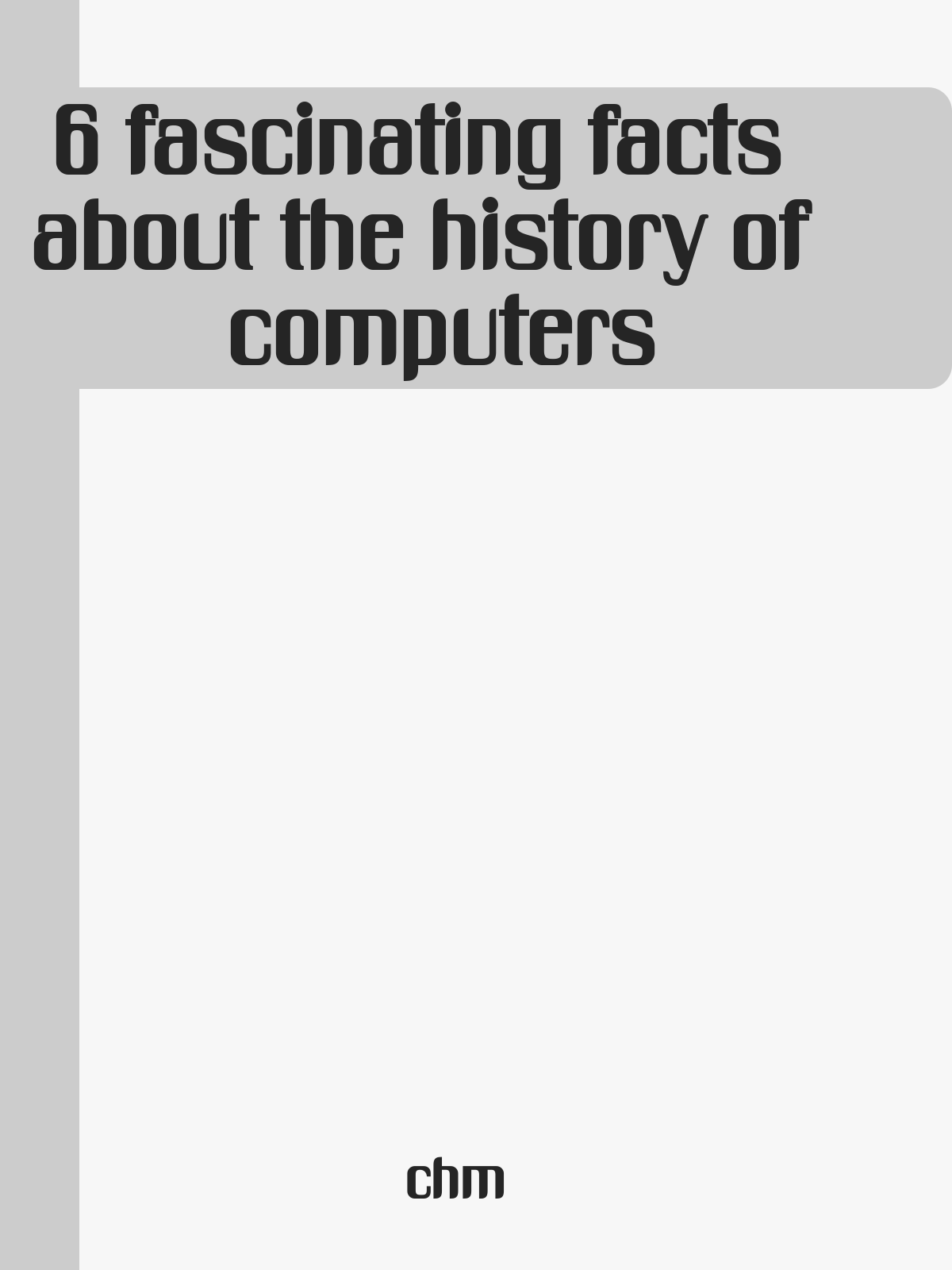
The first computer was created in 1876, and the first programmable computer was created in 1937. The first electronic computer was created in 1941, and the first transistor was created in 1947. The first integrated circuit was created in 1958, and the first microprocessor was created in 1971.
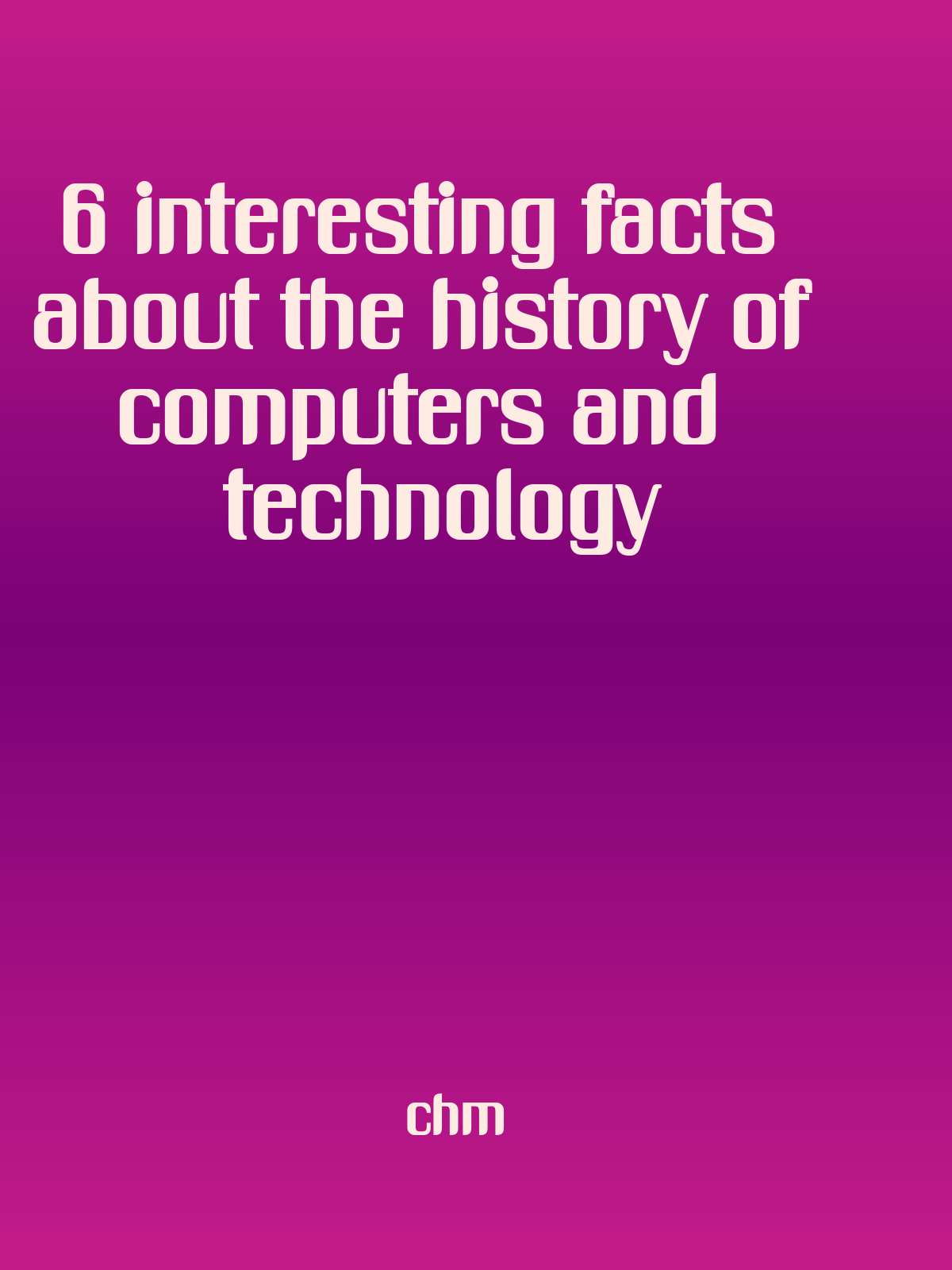
Microprocessors, personal computers, websites, and digital cameras have revolutionized the technology industry since their inception in the early 1970s. Each of these inventions has made significant impacts on the way we live and work today.
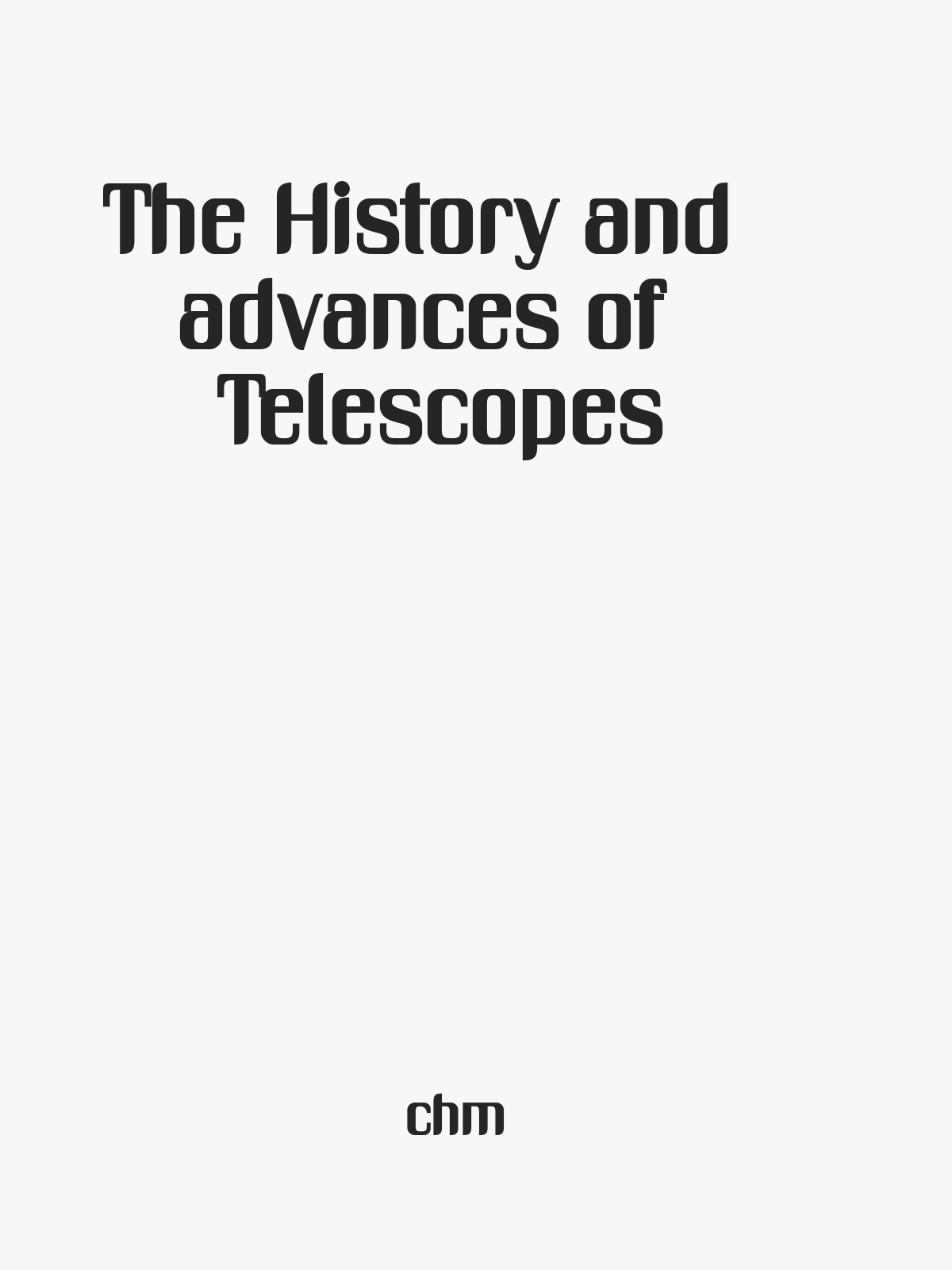
The first operational telescope was built in 1608, and Galileo Galilei was the first person to use one for astronomical observations. The largest telescope in the world is the Gran Telescopio Can arias, and the Hubble Space Telescope has been responsible for some of the most stunning astronomical images ever taken. The James Webb Space Telescope is scheduled to be launched in 2018, and the Kepler Space Telescope was launched in 2009.
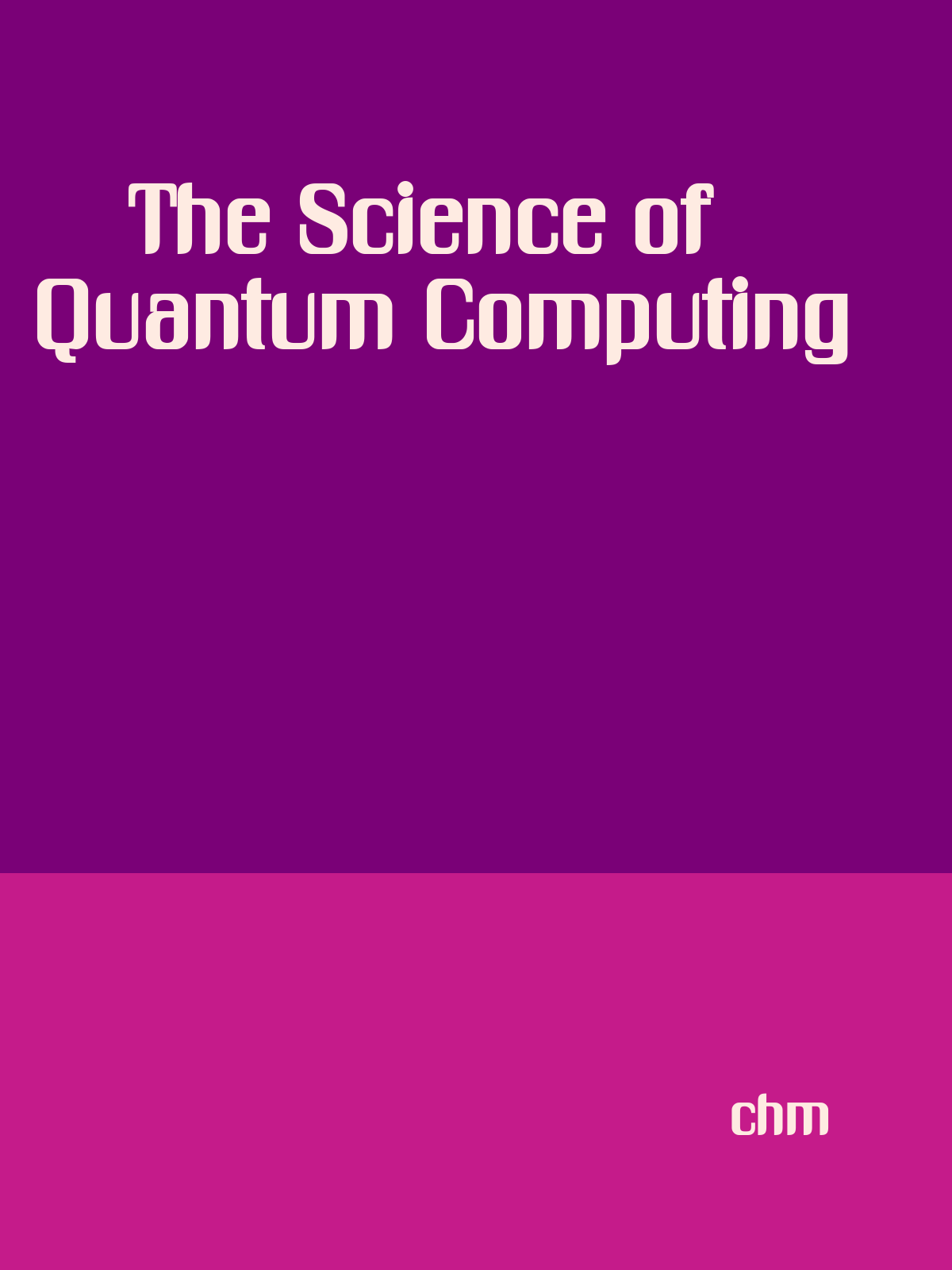
Quantum computers are computers that use quantum mechanics to store and process information. They are 1000 times faster than traditional computers and can solve problems that traditional computers cannot. There are only a handful of quantum computers in the world today.
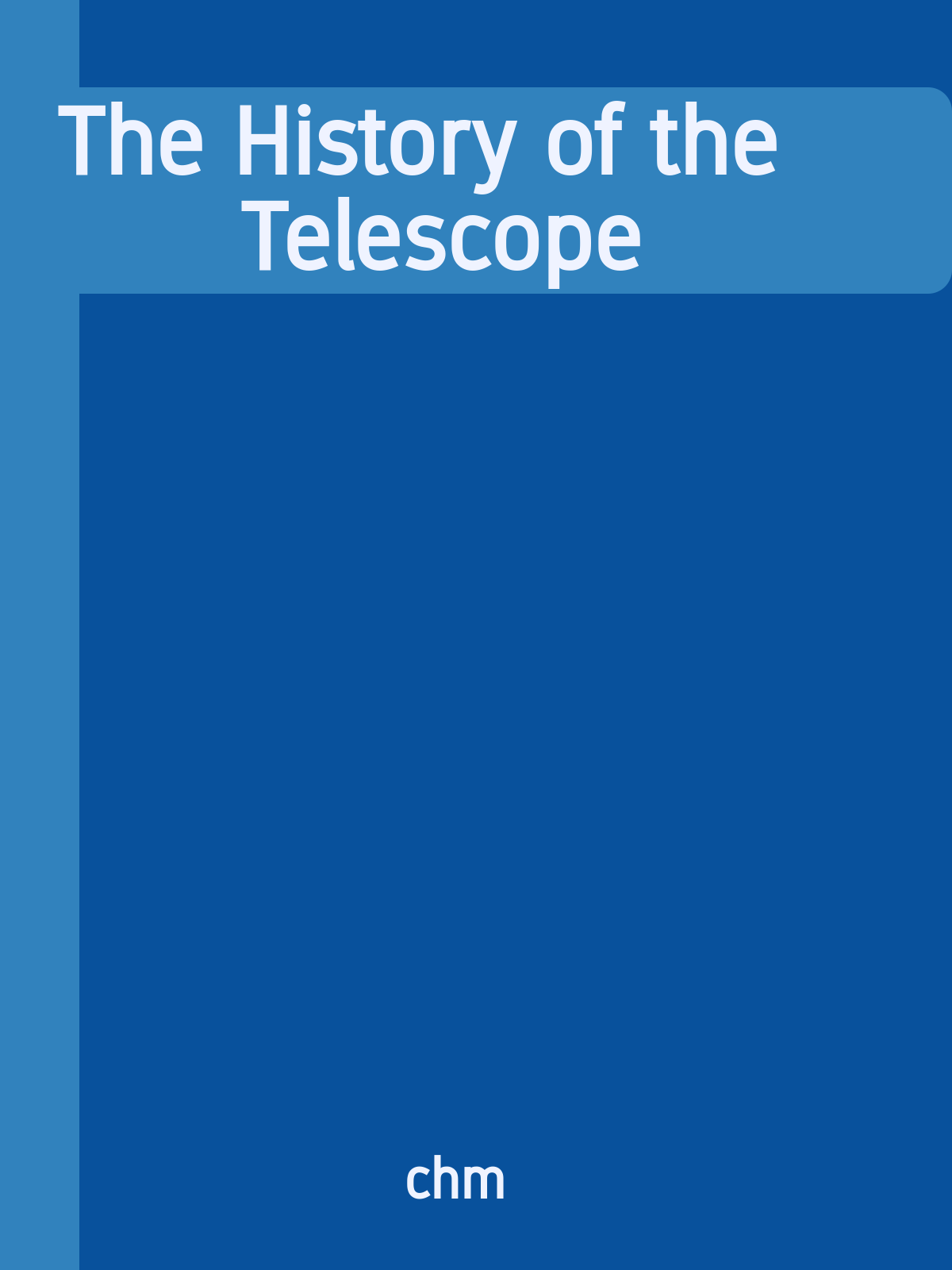
The telescope has a long and fascinating history, dating back to the early 1600s. The first practical telescope was invented in 1608, and Galileo Galilei was the first person to use one to study the night sky. In 1781, William Herschel used a telescope to discover Uranus, and in 1839, John Draper used one to take the first photograph of the Moon. In 1846, William Parsons used a telescope to discover the asteroid Ceres, and in 1930, Clyde Tombaugh used one to discover the planet Pluto.

The World Wide Web is a global network of computers that enables users to access and share information. It was created by Tim Berners-Lee in 1990, and is used by over 1 billion people worldwide. There are over 100 million websites on the World Wide Web, and the average person spends over 2 hours a day browsing the Internet.